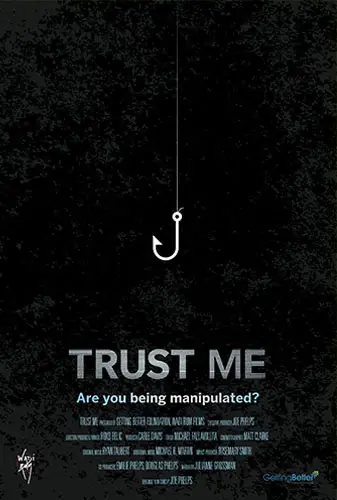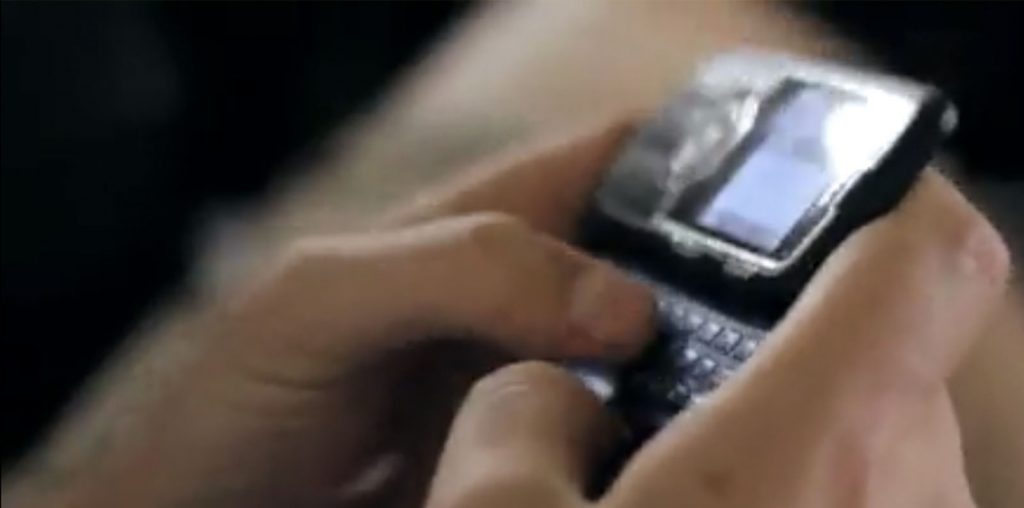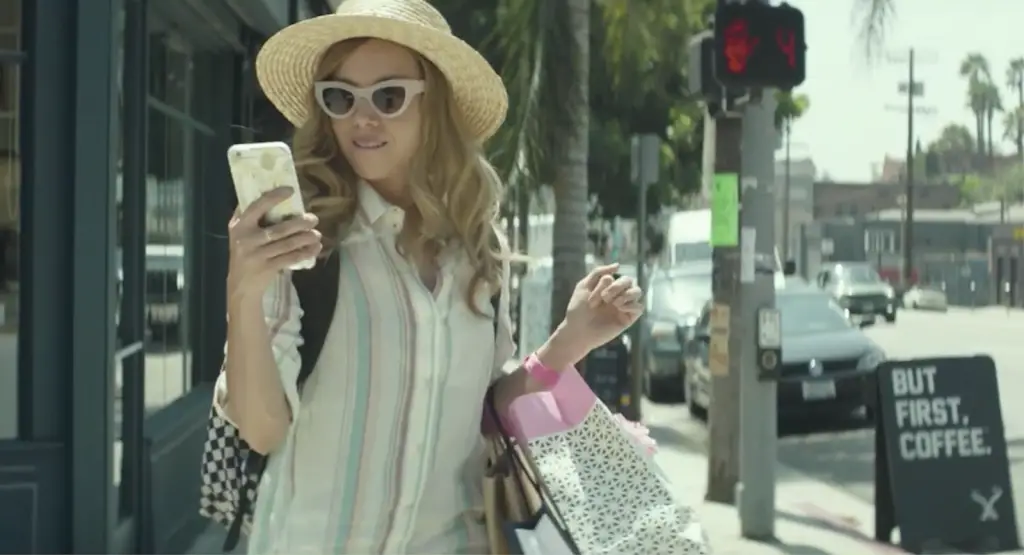
MONTANA INTERNATIONAL FILM FESTIVAL 2020 REVIEW! In this day and age, it seems that misinformation can be spread, unchecked easier than ever before. Sadly, that is the case because of technology and the advent of social media. So, how is anybody supposed to know how to weed out the fake, though convincing sites/pages/”research” from what came from proper studies? Director Roko Belic’s documentary Trust Me, which he co-wrote with Joe Phelps, traces the rise and dissemination of misinformation and focuses on informing oneself properly.
He interviews experts such as psychology professor Steven Pinker, Michelle Ciulla Lipkin (National Association for Media Literacy Education), founder of I Am Not The MEdia Inc. Jimmeka Anderson, and journalism professor Jad Melki. Each one of them speaks to a different aspect of how we, as a society, fall for such misinformation. Some reasons (though not only) are how social media groups pages and stuff, without regard to how accurate their information may be. Another issue is how convincing their sites might be, or trying to track down who is behind any particular group, as they might have an agenda that is antithetical to science and reason (i.e., a grocery store is behind an anti-minimum wage “grassroots” movement).
Trust Me interweaves these experts, and the history of misinformation (dating back to fake newspapers from a hundred years ago), with a look at how such prevalent inaccuracies harm real-life people. When having kids, a married couple decided not to vaccinate their children. Research brought up how all these horrible side effects, must of which were fake (the others were overblown), could potentially happen. Their eldest child was born with special needs, and when he was four or five, his face began drooping, and then he got tetanus. The illnesses he caught could have been prevented had he been vaccinated. The parents break down in tears explaining how they researched and truly believed they were doing the right thing. Their remorse is authentic and heartbreaking.

“…traces the rise and dissemination of misinformation and focuses on informing oneself properly.”
Happily, the movie does include how the “research” from Andrew Wakefield on the correlation between autism and vaccines was poorly done, as most of the children already had autism and their families were suing vaccine manufacturers, among several other issues. Wakefield, I hope you feel great shame and regret over the awful things your lack of professionalism has wrought onto this world.
Yes, this all might sound like a long-winded educational program, but the documentary nimbly jumps through all these hoops, in a captivating way. The editing is excellent, as it is never confusing who is talking or what point they are discussing. Belic and Phelps are smart not to tell the audience what to do, but gives them the tools and knowledge base to make their own choices about social media, what to believe, and why.
And that is the greatest strength of Trust Me. It is not some screed against technology, a la the recent Captivated. No, the filmmakers know that technology can be a great and useful tool. However, anyone can make a website or an event on Facebook. Do you know who is doing that and why? Through their expertly crafted film, Belic and Phelps allow you to find that out for yourself, trusting that you’ll wield the knowledge for good. Let’s hope they are right.
Trust Me screened at the 2020 Montana International Film Festival.

"…mart not to tell the audience what to do, but gives them the tools and knowledge base to make their own choices..."


